NEW YORK –The leaders of China, Nigeria, and Turkey are among 10 world figures identified by the U.S. based Committee to Protect Journalists as “Enemies of the Press.” All are responsible for brutal campaigns against journalists and press freedom, as documented by CPJ in its ongoing monitoring of press freedom violations worldwide. The Enemies of the Press list is released annually on May 3, World Press Freedom Day.
Heading the list for the second straight year is Abu Abdul Rahman Amin, the head of Algeria’s rebel Armed Islamic Group, who claims responsibility for many of the 58 assassinations of journalists in Algeria since 1993.
“Each of these 10 men is actively committed to the eradication of the independent press, ” said William A. Orme, Jr., executive director of CPJ. “Scores of working journalists were killed, imprisoned, or driven into exile as a result of their direct or covert actions.”
1.Abu Abdul Rahman Amin, leader of the Armed Islamic Group of Algeria.
His insurgent faction has claimed responsibility for many of the 58 assassinations of journalists in Algeria over the past three years. Rahman Amin has threatened all secular journalists with death. “Those who fight with the pen,” he proclaimed, “shall die by the sword.”
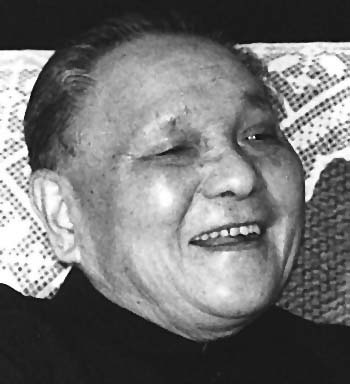
2.China’s leader Deng Xiaoping.
China’s leader, Deng Xiaoping. China’s nonagenarian strongman may no longer run his government on a daily basis, but his ruling philosophy–“socialism with Chinese characteristics”–continues to serve as a pretext for the complete suppression of independent reporting. When it takes over Hong Kong in June 1997, Deng’s regime is expected to muzzle one of the most vibrant and pluralistic news centers in all of Asia. As the man who ordered the June 1989 crackdown in Tiananmen Square, which included the imprisonment of China’s leading journalists, Deng is directly responsible for restricting the press freedom rights of more than one-fifth of the world’s population.
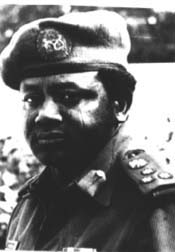
3.Nigeria’s President Sani Abacha
persecutes independent journalists by ordering or encouraging editorial office bombings, seizures of periodicals and equipment, and the arbitrary detention of journalists, often without charges. One result is a steady stream into exile of the profession’s best and brightest. For those who stay, the risks are great: in 1995 four journalists were sentenced by a secret military tribunal to 15 years in prison for reporting on dissident army officers accused of plotting the overthrow the regime.
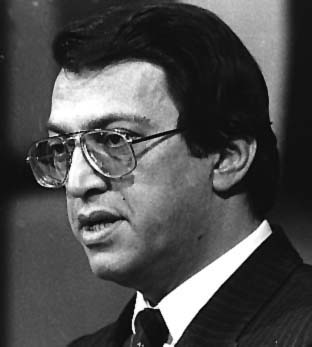
3.Turkey’s Prime Minister Mesut Yilmaz
runs a government that at any given moment holds more journalists in jail than any other in the world. Yilmaz has done nothing to improve on his predecessor Tansu Ciller’s dismal press freedom record. At the end of 1995, CPJ documented 51 cases of Turkish journalists who were then in jail simply for exercising their profession. Most were imprisoned for reporting that was allegedly sympathetic to the Kurdish cause. Despite international criticism, Yilmaz has so far chosen to retain and enforce the notorious Articles 7 and 8 of the Anti-Terror Law and Article 312 of the Penal Code, which effectively criminalize independent news reporting about separatist movements, army counterinsurgency tactics, Islamic fundamentalism, and other topics central to the country’s political life.
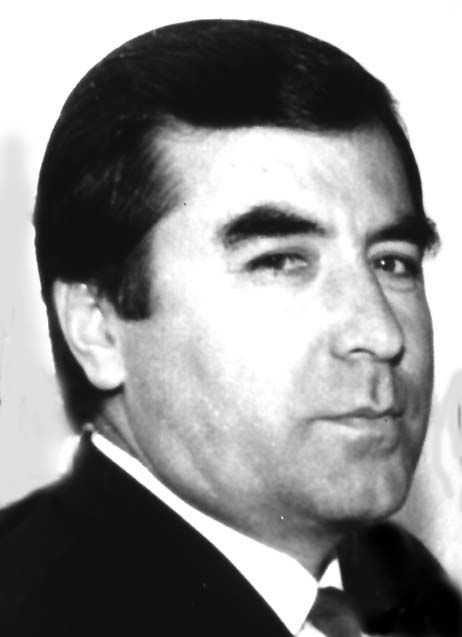
5.Tajikistan’s President Emomali Rakhmonov.
President Rakhmonov has overseen the systematic elimination of independent Tajik news media. The paramilitary forces he commanded during the recent civil war were responsible for many of the 29 death-squad killings of journalists since 1992. All independent local news organizations have been forced to close, and hundreds of Tajik journalists are in hiding or in exile. The repressive Rakhmanov regime is wholly dependent on Russian military and economic aid.
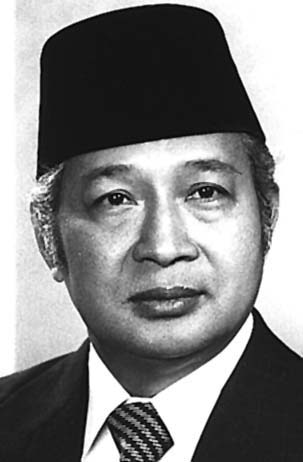
6.Indonesia’s President Suharto.
President Suharto has orchestrated a two-year-long crackdown on the country’s independent press. After banning three leading newsweeklies in June 1994, his regime brutally suppressed demonstrations by journalists and others against the closures. Last September, the leader of the only independent journalists union, Ahmad Taufik, and his colleague Eko Maryadi were sentenced to three years in prison for publishing an unlicensed magazine and supposedly subjecting the government to “hostility, hatred, and contempt.” At least 80 members of Taufik’s union, the Alliance of Independent Journalists, have been fired from their jobs due to government pressure.
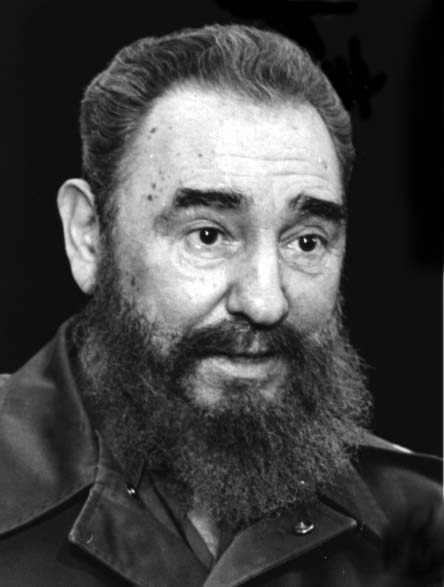
7.Cuba’s President Fidel Castro. Cuba remains the only country in the Americas without any independent publications or broadcasters. Reporters not employed by state media are not allowed to own or operate a computer or a fax machine. Independent local journalists who attempt to send news dispatches to clients abroad face such retaliatory measures as internal travel bans, overnight detentions , the harassment of friends and relatives, seizures of equipment, and threats of prolonged imprisonment.
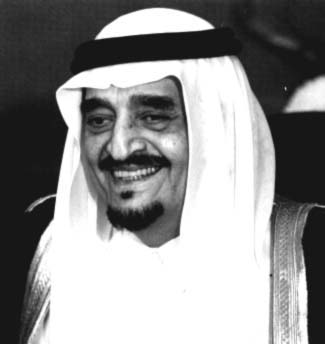
8.Saudi Arabia’s King Fahd bin Abdulaziz Ibn Saud.
King Fahd uses his enormous financial and diplomatic clout to silence dissenting voices not just in Ryadh but throughout the Arab world. The Saudi press, though privately owned, is one of the most restricted in the world. King Fahd must approve the hiring of editors; he also can (and does) dismiss them at will. More disturbing still, the Saudi royal family has acquired the most important international Arab periodicals and broadcast outlets and uses its influence to suppress all criticism–indeed, all serious examination–of its business interests and diplomatic entanglements.
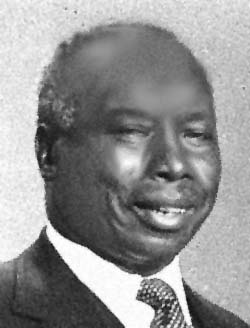
9.Kenya’s President Daniel arap Moi.President Moi has declared war on the independent press and widened his net to include foreign correspondents. Critical coverage of Moi has been decreed a criminal offense, while newspapers and printers have been arbitrarily closed for publishing opposing viewpoints. Journalists covering the trial of human rights activist Koigi wa Wamwere were physically attacked by pro-government thugs. The government last year introduced a restrictive new press law, including government-mandated “codes of conduct” for journalists, only to withdraw the initiative in the face of fierce international condemnation.
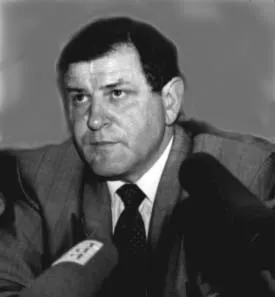
10.Slovakia’s Prime Minister Vladimir Meciar.
In his latest assault on press freedom, the thin-skinned prime minister pushed through parliament an amendment to the Criminal Code that would imprison journalists and others found guilty of “spreading false information abroad.” Since Meciar dismissed all but one of the 18 members of the state radio and television supervising councils in November 1994, the Slovakian broadcasters have become mouthpieces and apologists for the prime minister’s increasingly autocratic rule. This backslide into repression bodes ill not only for Slovakia but for all of post-communist Central Europe.
More information about press freedom in more than 100 countries can be found in CPJ’s annual report, Attacks on the Press in 1995